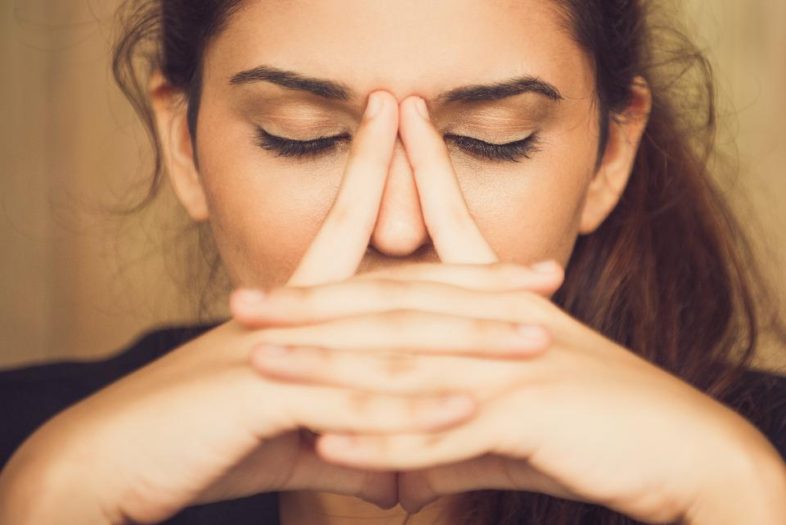
According to a report, a Peking University respiratory specialist Wang Guangfa believes he may have contracted the coronavirus while not wearing eye protection when treating patients. Wang reported that his left eye became inflamed afterward, followed by a fever and a build-up of mucus in his nose and throat. He subsequently was diagnosed with the new coronavirus. Medical officials, though, say while this is possible, it may be unlikely.
Viral conjunctivitis is known to present with upper respiratory infections (colds, flus, etc.) and may be a symptom of the COVID-19 virus. A recent study of hospitals across China, published in the New England Journal of Medicine, found “conjunctival congestion” or red, infected eyes in 9 of 1,099 patients (0.8%) with a confirmed diagnosis of coronavirus.
Consulting a Doctor During Coronavirus Pandemic
If you go for consultation eye doctors recommend the following precautions:
- If you have a cough or a fever or have been in close contact with someone who has these symptoms, call your doctor’s office ahead of time and let them know. Stay at home.
- If you arrive sick, your doctor may ask you to wear a protective covering or mask, and to wait in a special room away from other patients.
- If you need to cough or sneeze during your exam, move back from the microscope. Bury your face in the crook of your arm or cover your face with a tissue. Wash your hands with soap and water right away.
How to help yourself and others:
Remember follow all common sense precautions to reduce your risk of getting infected. Wash your hands a lot, follow good contact lens hygiene and avoid touching or rubbing your nose, mouth and especially your eyes.
Preventive Guidelines against Covid-19
1. If you wear contact lenses, switch to glasses for a while.
Consider wearing glasses more often, especially if you tend to touch your eyes a lot when your contacts are in. Substituting glasses for lenses can decrease irritation and force you to pause before touching your eye.
2. Wearing Safety glasses may add a layer of protection for caretakers.
Corrective lenses or sunglasses can shield your eyes from infected respiratory droplets. But they don’t provide 100% security. The virus can still reach your eyes from the exposed sides, tops and bottoms of your glasses. If you’re caring for a sick patient or potentially exposed person, safety goggles may offer a stronger defense.
3. Stock up on eye medicine prescriptions if you can.
Experts advise patients to stock up on critical medications, so that you’ll have enough to get by if you are quarantined or if supplies become limited during an outbreak. If your insurance allows you to get more than 1 month of essential eye medicine, such as glaucoma drops, you should do so. Some insurers will approve a 3-month supply of medication in times of natural disaster. Ask your pharmacist or ophthalmologist for help if you have trouble getting approval from your insurance company. And as always, request a refill as soon as you’re due. Don’t wait until the last minute to contact your pharmacy.
4. Avoid rubbing your eyes.
While it is hard to break this natural habit, doing so will lower your risk of infection. If you feel an urge to itch or rub your eye or even to adjust your glasses, use a tissue instead of your fingers. Dry eyes can lead to more rubbing, so consider adding moisturizing drops to your eye routine. If you must touch your eyes for any reason — even to administer eye medicine — wash your hands first with soap and water for at least 20 seconds. Then wash them again afterwards.